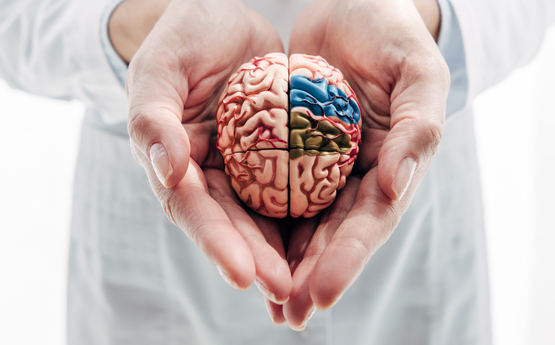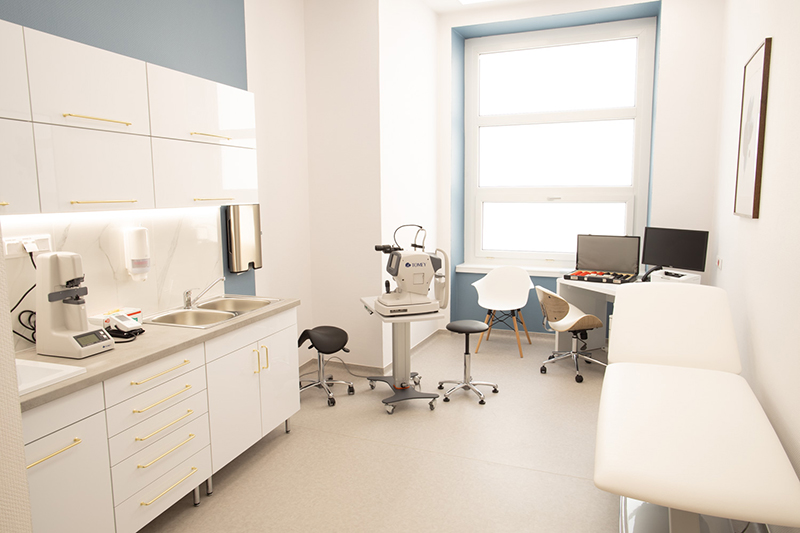

What does
Neurology deal with?
Neurology is the science of the nervous system, aiming to diagnose and treat complaints related to the brain, spinal cord, or nerves in the limbs. Neurological changes can be caused by inflammation, circulatory disorders, infection, immunological processes, or degenerative diseases. The field of neurology includes recurring headaches (e.g., migraine or cluster headaches), dementias (e.g., Alzheimer’s disease, Parkinson’s disease), circulatory disorders (e.g., stroke, cerebral infarction, post-TIA care), movement disorders (e.g., tremors), neuropathic pain in the limbs (e.g., in diabetes), multiple sclerosis, myasthenia gravis (severe muscle weakness), epilepsy, or spinal nerve damage (e.g., herniated disc).

When should you visit neurology?


How does a neurological examination proceed?
Our specialist will ask about your medications, previous known illnesses, and surgeries. Then they will examine you. The neurological examination consists of several simple, short tasks, in some of which the doctor moves the body part being examined, while at other times you will need to perform a specific movement, of course taking into account individual abilities and any previous illnesses. Our specialist will also trigger certain reflexes (e.g., knee reflex) using a small medical hammer. The complete neurological examination literally covers every area from head to toe, so the examination may take 20-30 minutes, but it doesn’t cause any pain or discomfort. If necessary, laboratory tests, CT or MRI scans may be required.
Our prices in neurology
Our Doctors in Neurology


